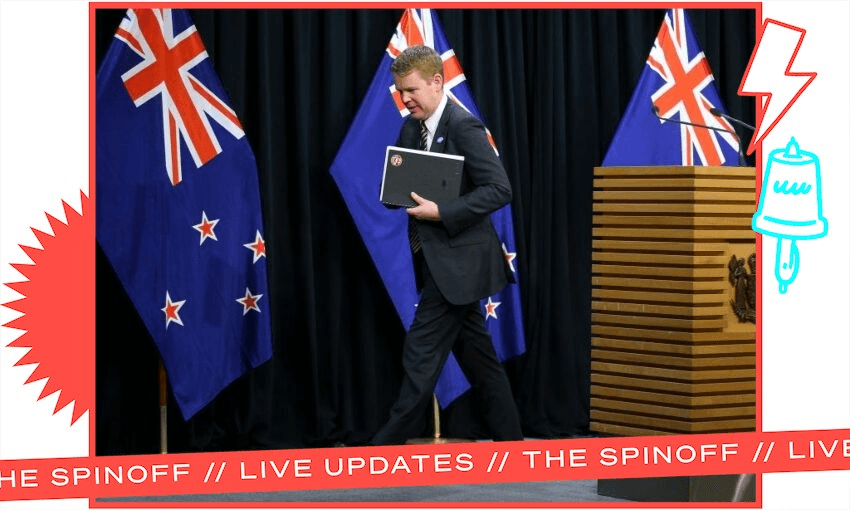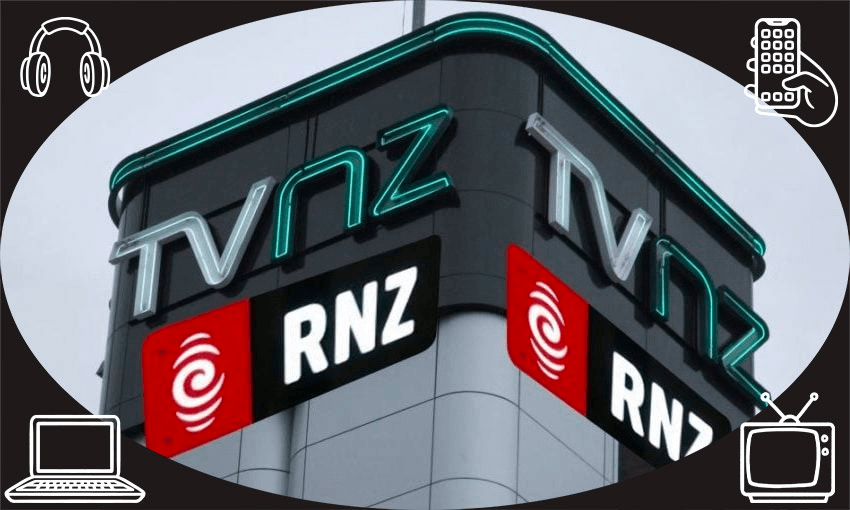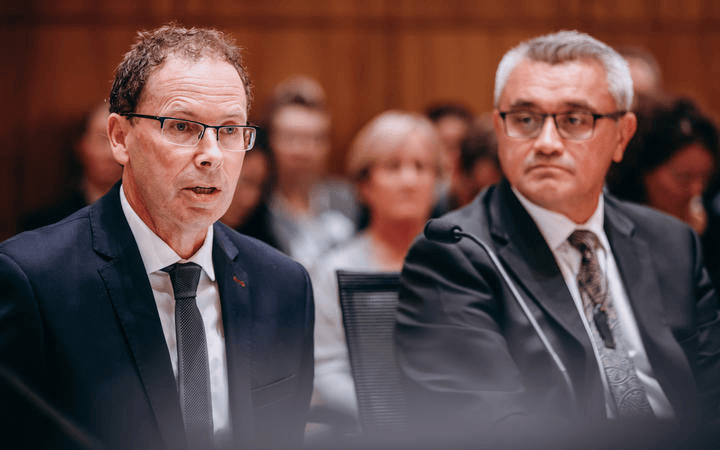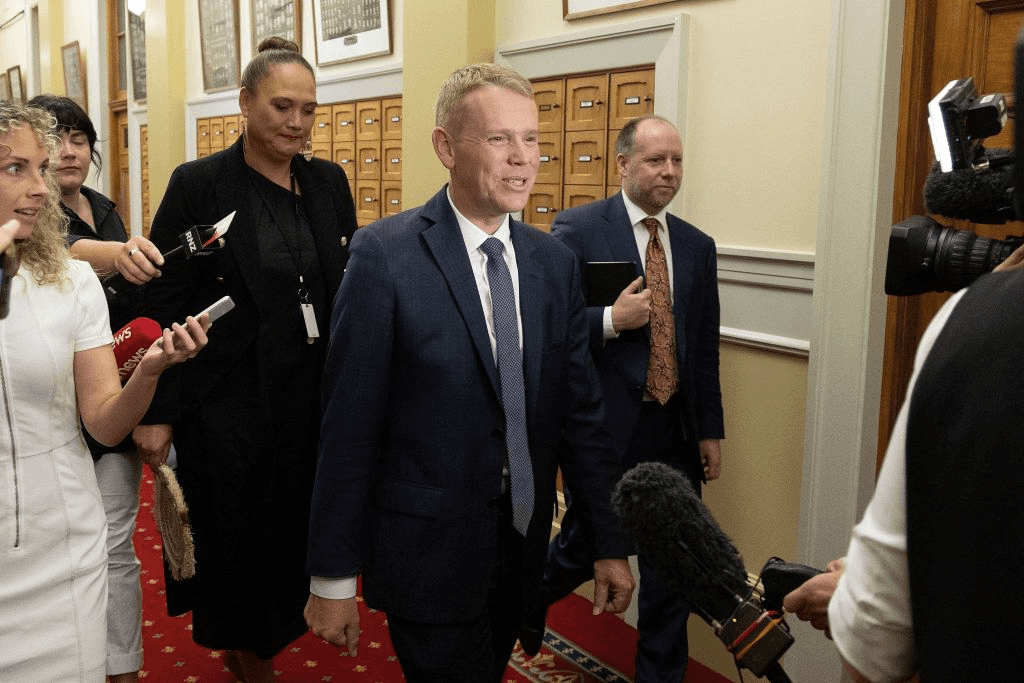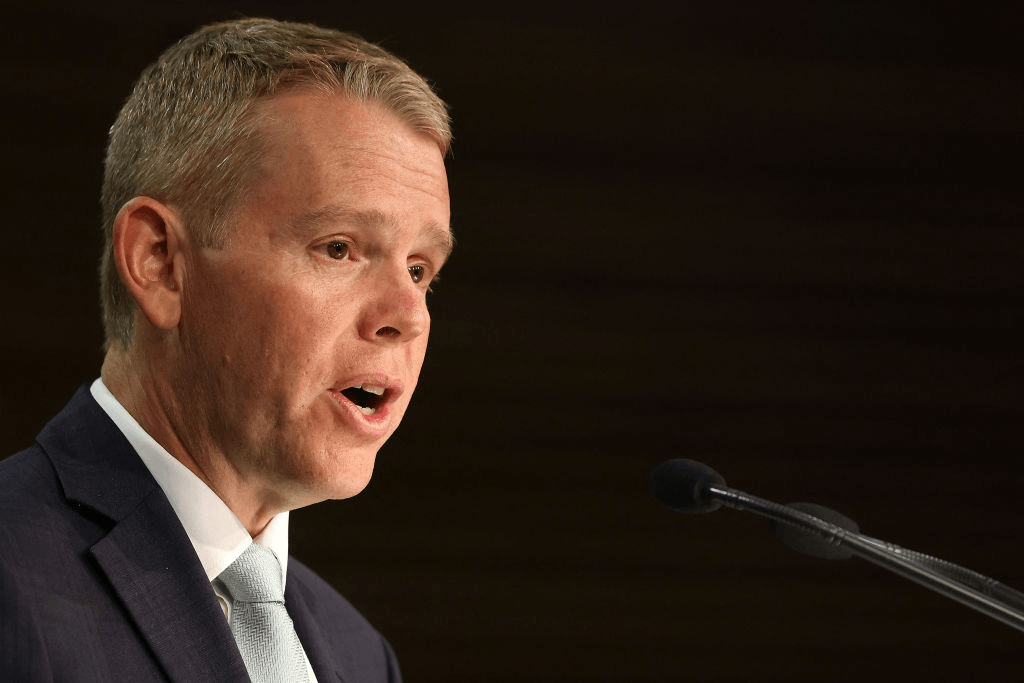Prime minister Chris Hipkins has announced the end of the planned merger of TVNZ and RNZ.
It’s been in the works for more than three years and was set to be up and running this year. However, speaking at a post-cabinet press conference this afternoon, Hipkins confirmed it would not proceed in favour of a re-focus on the cost of living.
“I said the government is doing too much too fast, and that we need to focus on the cost of living. Today we deliver on that commitment,” he said.
“Work on the TVNZ-RNZ public media entity will stop entirely. Support for public media needs to be at a lower cost and without such significant structural change.”
As such, cabinet has agreed to provide additional funding to RNZ and New Zealand on Air, with the latter being directed at supporting public media content for a range of broadcasters. Remaining funding will be redirected to other Government priorities.
Meanwhile, other policy plans have been put on hold and will not proceed for the time being. This includes the social insurance scheme which would have provided a sort of safety net for unemployed or redundant workers. “We will need to see a significant improvement in economic conditions before anything is advanced,” Hipkins said.
“Work will continue to explore ways to best address these inequities in the long term when the economy is better placed to make change. But it is off the table for now.”
The announced amendment to hate speech legislation – already significantly watered down from what was initially announced – has also been taken off the government’s 2023 agenda. The proposed amendment bill would have made hate speech on the grounds of religious beliefs a crime, but would not have criminalised other forms of hateful speech.
Hipkins said the proposed law will be withdrawn and the matter referred to the Law Commission. “This will allow the Law Commission the opportunity to consider a difficult and highly contested area of law in totality,” said Hipkins.
Cabinet also agreed that the biofuels mandate will not proceed. “The mandate would have increased the price of fuel, and given the pressure on households that’s not something I’m prepared to do.” The government recently announced the extension of half price public transport and subsidies for fuel excise tax and road user chargers.
What wasn’t announced today, however, was adjustments to the controversial three waters scheme. However, Hipkins said cabinet did consider this and more announcements are due. “The need for reform is unquestionable. The events in Auckland have once again demonstrated the limits of our existing infrastructure and the need for change. But careful consideration is required,” he said.
“This is the first and most significant set of decisions that reprioritises the Government agenda and sets out our new direction. It will help to provide greater bandwidth and resource for where focus is needed most – the cost of living.”
As part of that refocus on the cost of living, Hipkins confirmed the minimum wage would be lifted by $1.50 – to $22.70 per hour – from April 1. “In tough times, it’s critical to support those who struggle the most to make ends meet. Those on low incomes make impossible trade-offs between food and medical care, dry homes and a pair of shoes. These families need our support now more than ever and an inflation-adjusted lift in the minimum wage will means thousands of New Zealanders do not go backwards.”
